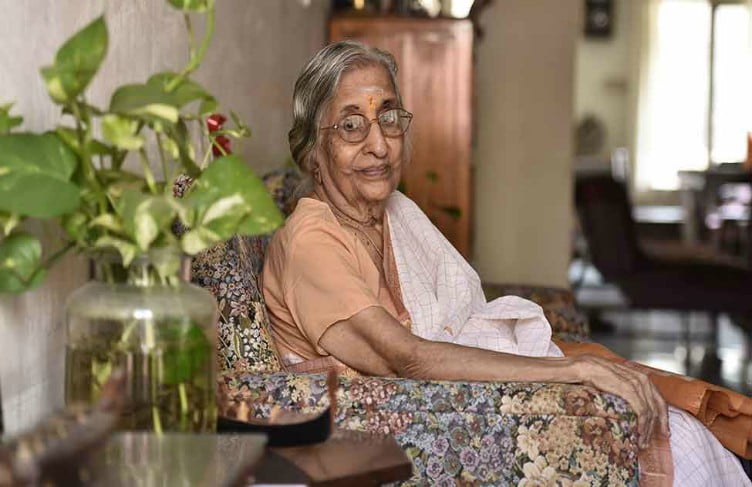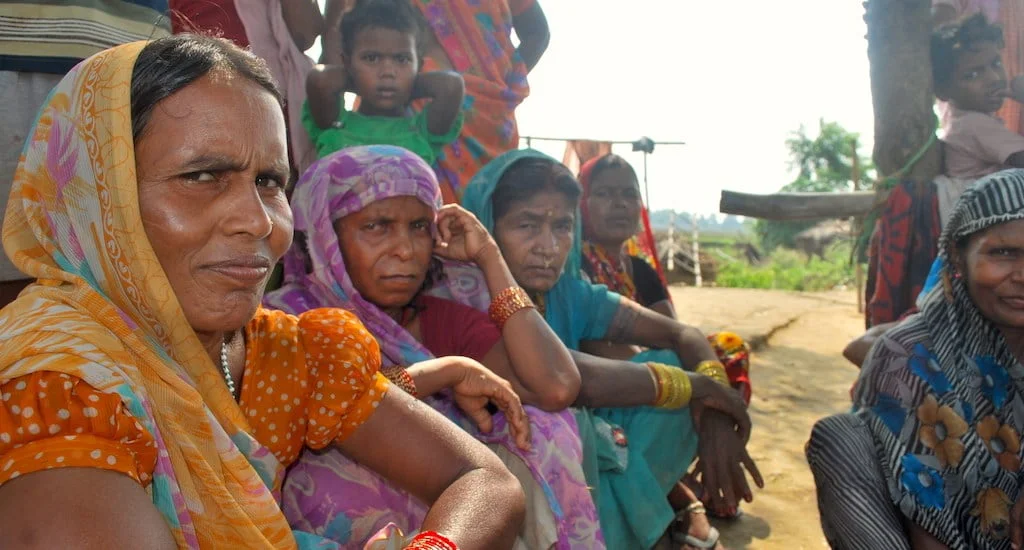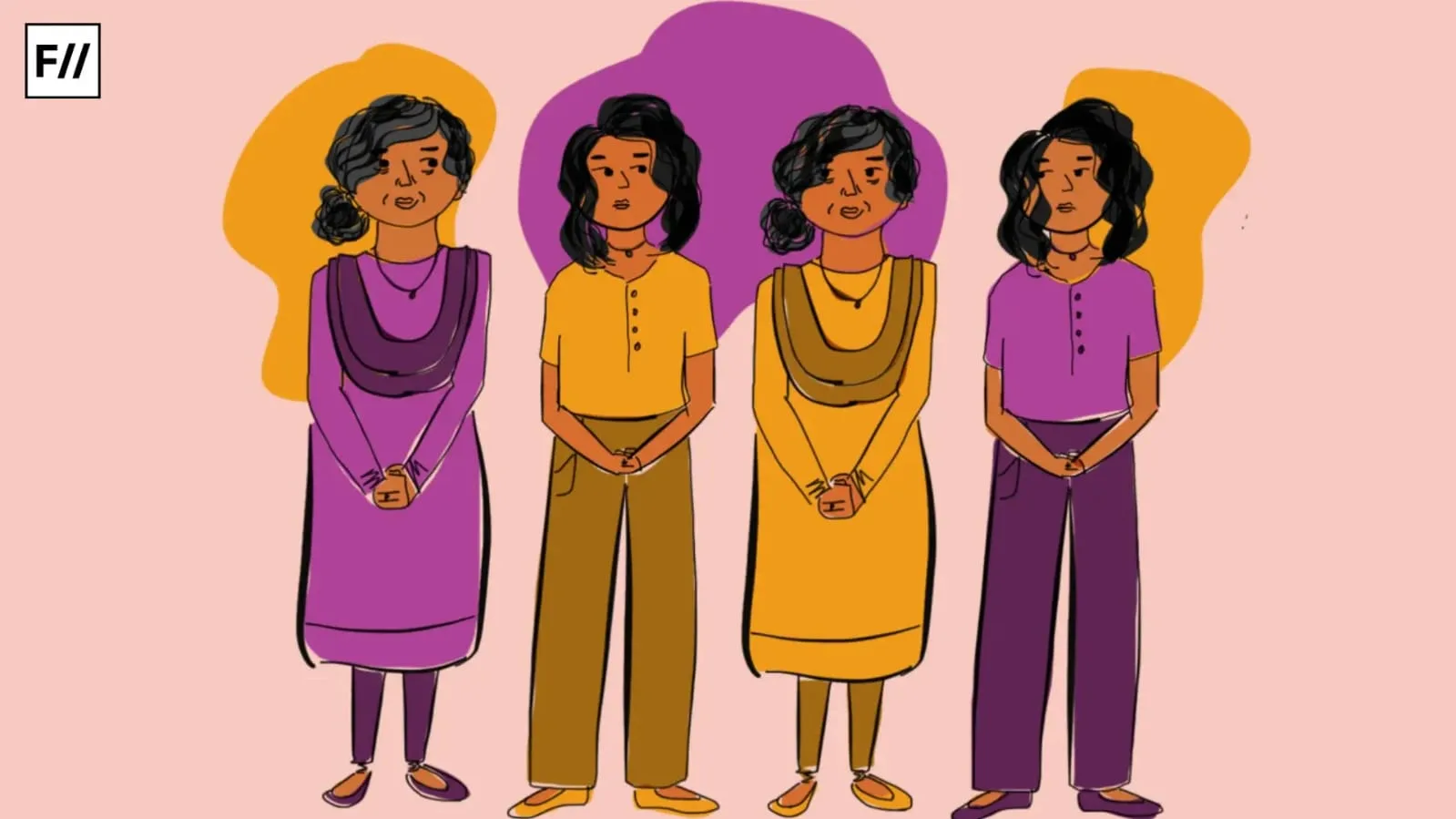“Compassion and kindness are the languages which the deaf can hear, the blind can see, and the mentally ill can understand,” says Dr. Sarada Menon, a pioneer mental health practitioner in India. Dr. Menon is India’s first female psychiatrist and has dedicated her entire life to the rehabilitation of the people who experience mental health issues.
Early life
Sarada Menon was born on April 5 1923 to Malayali parents living in Karnataka. Her birth brought dismay to her family because she was their seventh daughter alongside one son. Soon after her birth, the family got transferred to Chennai where she did the rest of her schooling. After completing her schooling in Chennai, she decided to pursue medicine. Her decision was initially shrugged off because an investment of five-and-a-half years was a lot, as felt by her parents.
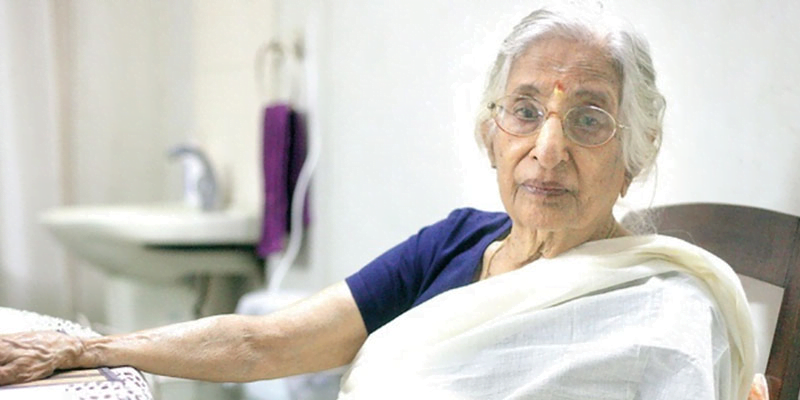
But despite the resistance, she went ahead and enrolled at Women’s Christian College and subsequently to the Madras Medical College. There she got a complete fee waiver which kept the resistance against her education in control, and kept her independent streak alive. Dr. Menon first got introduced to mental health in her final year of medical training in 1959 where she realised how deeply rooted this problem was and how it received very little to no attention.
She encountered a lot of abandoned patients who were in unkempt conditions, violent and unaware. She realised that systematic intervention was needed and therefore decided to specialise in Psychiatry. It was very unconventional for that time because it was not considered a ‘woman’s job’.
She encountered a lot of abandoned patients who were in unkempt conditions, violent and unaware. She realised that systematic intervention was needed and therefore decided to specialise in psychiatry. It was very unconventional for that time because it was not considered a ‘woman’s job’. Nevertheless, she went forward and specialised in Psychiatry at the All India Institute of Mental Health (now called NIMHANS) in Bangalore.
Also read: Why We Need To Reject Toxic Masculinity For Better Mental Health
Career
Dr. Menon started her career as a psychiatrist at Mission Hospital Pittapuram in Andhra Pradesh. She joined Madras Medical Service (now called Institute of Mental Health) in 1951 and was posted in Vellore. Soon after joining, she got promoted to the post of superintendent in 1961. She realised how crowded the hospitals were because people would drop their mentally ill relatives there and provide wrong addresses so that they couldn’t be contacted. This led to a crowding of 2800 patients in a hospital with bed capacity of 1800.
Sarada Menon decided to first discharge the functional patients and set up an outpatient department which held that no one coming from within a radius of 5 miles could be admitted as an inpatient. For the in-patients, a daycare system was started wherein the relatives could drop the patient for treatment during the day and take them back with them during the evening. With Sarada’s constant efforts, the number came down to the prescribed 1800 by the time she retired from her term of 17 years in 1978.
She always stressed the importance of rehabilitation and therefore engaged her patients in vocational training and gave them a feeling of belonging with her love and compassion. For her, treatment goes way beyond mere prescription of medicines and instead it’s a constant procedure that requires nurturing the patient. She believes that for a person to heal, the family needs to “Approve, Appreciate, and Acknowledge the improvements made by the patient.” She also founded ASHA, a community based platform supporting the families of those affected by mental illnesses.
SCARF
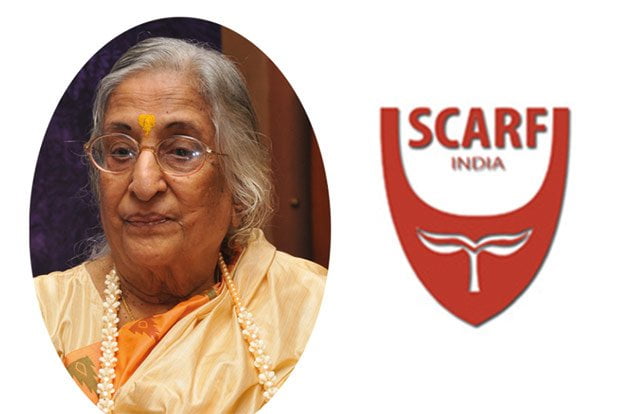
Sarada Menon founded the Schizophrenia Research Foundation in 1984 along with her fellow visionaries. She initially started out with keeping patients in her own apartment and later got the annual grant from the state government and the land to construct the daycare system. Because of her efforts, the allotted funds rose from 3 lakhs to 10 lakhs.
Sarada Menon founded the Schizophrenia Research Foundation in 1984 along with her fellow visionaries. She initially started out with keeping patients in her own apartment and later got the annual grant from the state government and the land to construct the daycare system. Because of her efforts, the allotted funds rose from 3 lakhs to 10 lakhs.
The core idea behind SCARF was to provide rehabilitation to the mentally ill and today, it offers a temporary residential facility, advanced tele-psychiatry methods of treatment, vocational training and employment opportunities; even a mobile clinic operates for the benefit of the mentally ill, besides research projects and awareness programmes being conducted round the year. Talking about the need for rehabilitation, Dr. Menon says, “Disability as a result of mental illnesses needs to be attended through rehabilitation practices. While there are several islands of activity, interest and approaches in this regard, it hardly covers the number of mentally-disabled in India. We have to create wealth from this waste.”
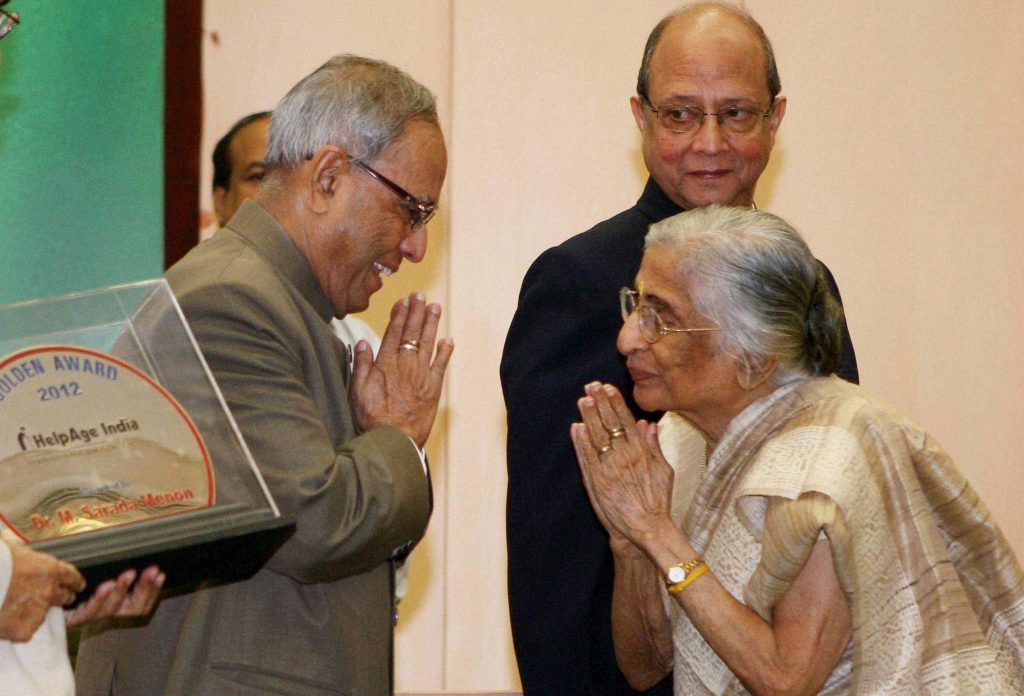
Work for Women
For the abandoned female patients, Dr. Sarada Menon reached out to YWCA and asked them to keep a few of her patients. They were properly taken care of and provided with all the basic necessities. Once a week, a nurse from her hospital would go and check and patient and provide them with the necessary medicines. This way the patients slowly started to recover and were involved in vocational activities including typewriting and tailoring. The YWCA continues to host several of these women and the ones whose families could be tracked have been sent back home.
Also read: Mental Health In The Time Of Social And Political Unrest
Dr. Sarada Menon’s work has truly been the starting point of mainstreaming mental health conversations in India. She serves as an epitome of strong commitment and despite her age, goes to the clinic everyday and spends her time doing what she is truly passionate about 0 rehabilitation of the mentally ill. She is not just a good medical practitioner but has one thing in abundance while treating her patients – compassion. According to her, “Compassion is a choice. It’s the mind that decides every action. Showing love and affection is done consciously, never without the mind’s consent.”
Featured Image Source: Indian Women Blog
About the author(s)
Anvi Ahuja is pursuing her bachelor's degree in Political Science at Delhi University. When she's not talking to dogs, you can find her reading, talking about feminism or breaking the taboo around menstruation.
